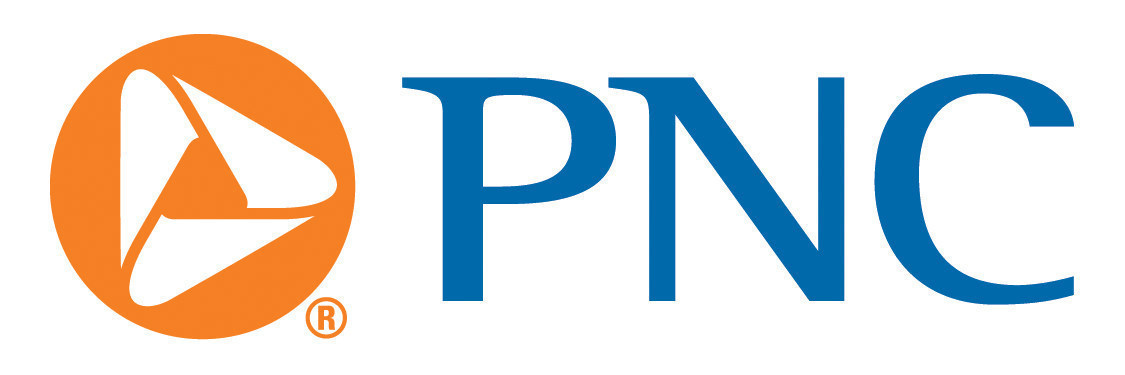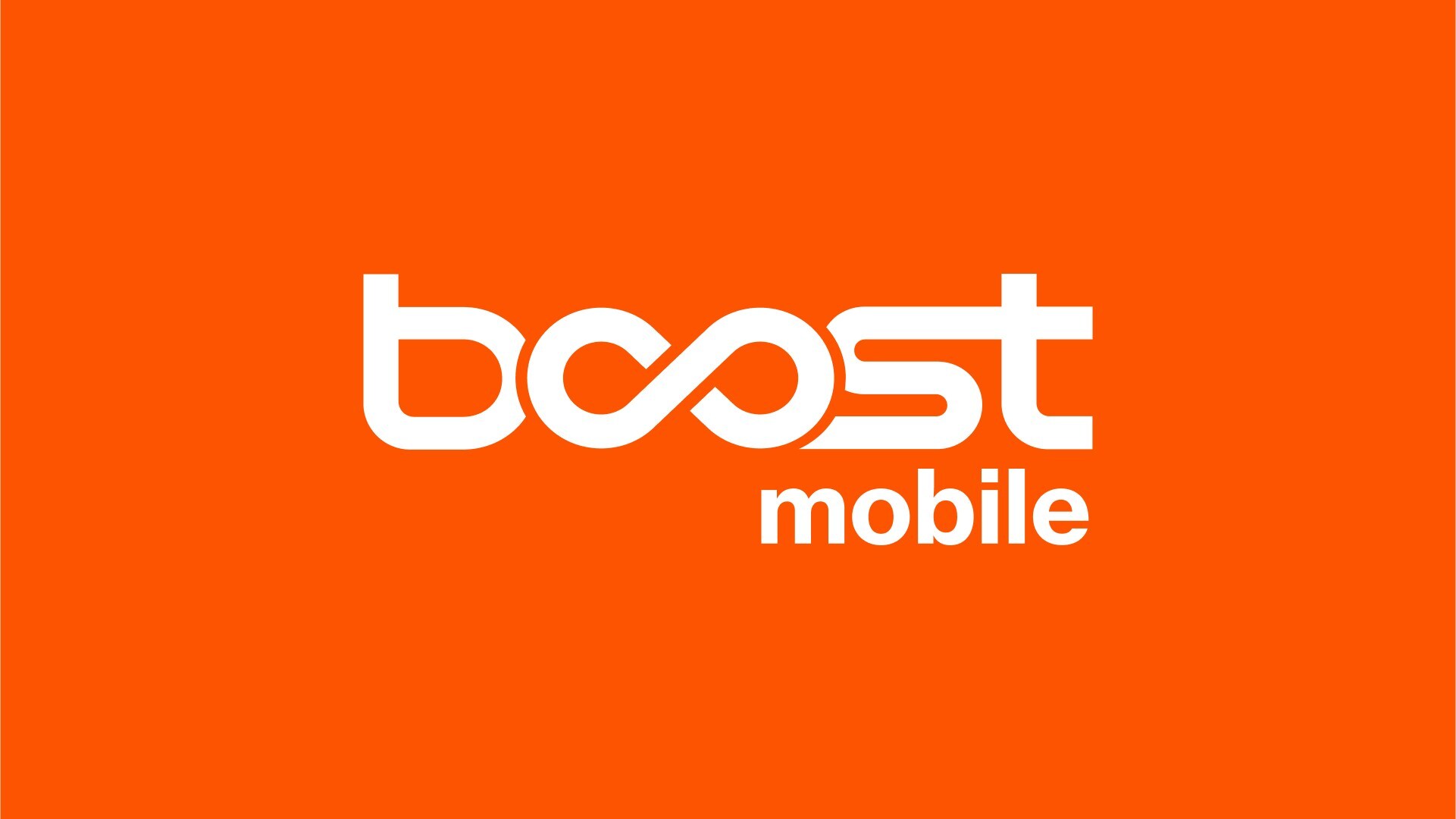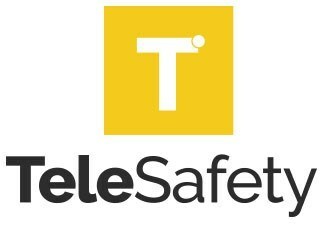Annual Financial Wellness in the Workplace Report Highlights Workplace Stressors, Benefits Needs and Financial Goals Across Generations
PITTSBURGH, Aug. 28, 2024 -- PNC Bank today released findings from its second annual Financial Wellness in the Workplace Report entitled, "The Evolving Needs of the Multigenerational American Workforce," which summarizes survey data and in-depth interviews from more than 1,000 U.S. workers and more than 500 U.S. employers to better understand the financial health and wellness of today's workforce.
Perhaps unsurprising in the current turbulent macroeconomic environment, the survey findings show that employers are continuing to feel the squeeze financially with the increased costs of benefits, worker retention and recruiting. Employers also recognize that their workforce – now spanning four generations – has increased challenges and stress about their personal finances, with 78% of U.S. employers saying their workers were financially stressed compared to 71% in 2023. The survey findings also demonstrate that worker stressors vary greatly from generation-to-generation, especially for sought-out employee benefits and personal financial goals.
Notable findings include:
- Gen Z is the most stressed about personal finances. Of surveyed U.S. workers, personal finance stress was highest with Gen Z (76%), followed by Millennials (72%) and Gen X (72%), then Boomers (59%).
- Top financial goals vary by generation. Gen Z's top priority is strengthening their credit rating, while Millennials, Gen X and Boomers all prioritize saving for retirement.
- Benefits play a larger role in retaining Gen Z and Millennial workers. The likelihood of staying with an employer that offers more financial wellness benefits was highest among Gen Z (92%), followed by Millennials (85%), Gen X (72%) and Boomers (64%).
- Gen Z and Millennials are the most concerned about student debt. Results indicated student loan debt is difficult, with 54% of respondents saying it's the most challenging debt to tackle.
- Gen X workers surveyed were the least likely generation to have worked with a financial planner, with the majority sharing that they do not have enough money to justify using one.
"The varying financial goals and priorities across America's generationally diverse workforce shows how important it is to offer a mix of benefits that can appeal to a wide range of employee needs," said Kaley Keeley Buchanan, senior vice president and head of PNC Organizational Financial Wellness. "In order to hire and retain great people across generations, which is critical to bringing diverse thinking and experience to your workforce, you must understand their needs and appeal to them. PNC's Organizational Financial Wellness team offers businesses in-demand benefits to help meet the needs of their diverse workforces and improve productivity, performance and loyalty."
Additional notable findings include:
- Three in 10 U.S. workers surveyed who have student loan debt say they are "at a standstill" until it is paid off. This increases to four in 10 among Gen Z workers.
- In the last year, access to financial planning benefits doubled for American workers surveyed. Notably, 28% had access to financial planning benefits in 2024 compared to 14% in 2023. One in three used a financial professional in the last three years.
- Three in five U.S. workers surveyed say they are living paycheck to paycheck. This sentiment is highest among Gen Z and Millennials.
As the needs of the talent market evolve, so should the way that businesses address them, if they want to attract and retain talent to effectively drive business performance. PNC Organizational Financial Wellness can help companies develop and implement innovative, tailored benefit programs that work well for them and for the talent they want to recruit and retain. More findings, including the complete report and related information are available at pnc.com/WorkplaceReport.
PNC Bank, National Association, is a member of The PNC Financial Services Group, Inc. (NYSE: PNC). PNC is one of the largest diversified financial services institutions in the United States, organized around its customers and communities for strong relationships and local delivery of retail and business banking including a full range of lending products; specialized services for corporations and government entities, including corporate banking, real estate finance and asset-based lending; wealth management and asset management. For information about PNC, visit http://www.pnc.com.
Methodology
The PNC Financial Wellness in the Workplace Report 2024 was conducted with employees and employers. The Employee Survey was conducted online with a national sample of 1,001 employees ages 21–69 who work full-time at companies with 100+ employees. The sampling error is +/- 3.0% at the 90% confidence level. The Employer Survey was conducted online with a national sample of 500 employers with 100+ employees and annual revenues of $5 million or more. The sampling error is +/- 4.4% at the 90% confidence level. The study was conducted by Willow Research (https://willowresearch.com/), a market research firm. Birth years are defined as: Gen Z 1997-2012, Millennial 1981-1996, Gen X 1965-1980, Boomer 1946-1964.
DISCLAIMER: This report was prepared for general information purposes only and is not intended as specific advice or recommendations. Any reliance upon this information is solely and exclusively at your own risk. NOTE: The sum of percentages may not add to the total due to rounding.
CONTACT:
Christina Davis
(214) 871-1259
christina.figg@pnc.com
This News is brought to you by Qube Mark, your trusted source for the latest updates and insights in marketing technology. Stay tuned for more groundbreaking innovations in the world of technology.









